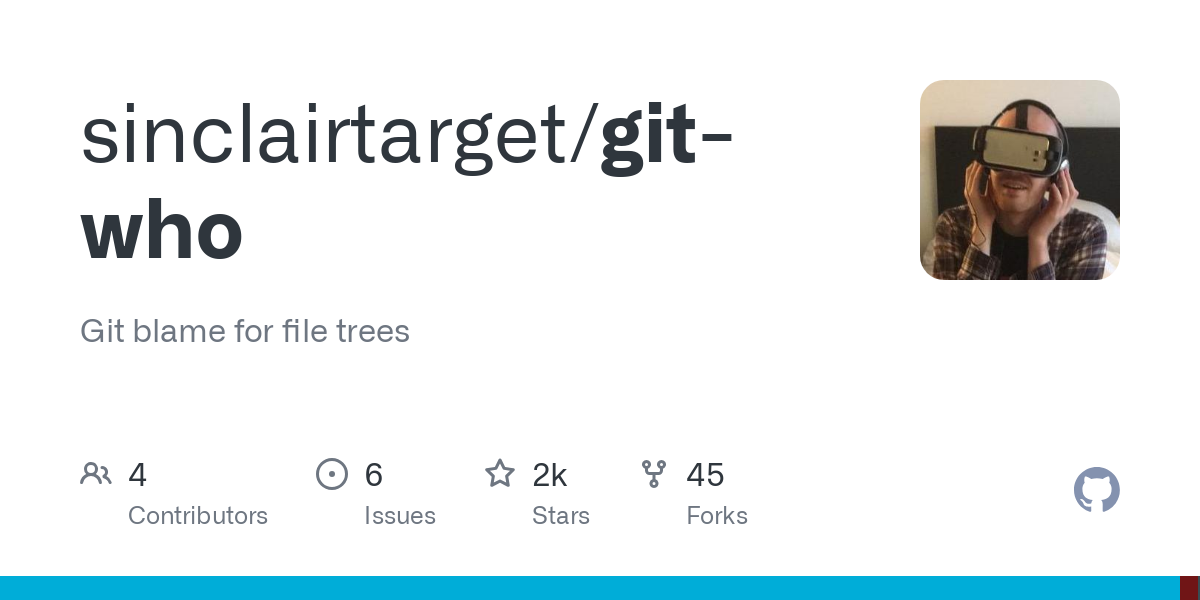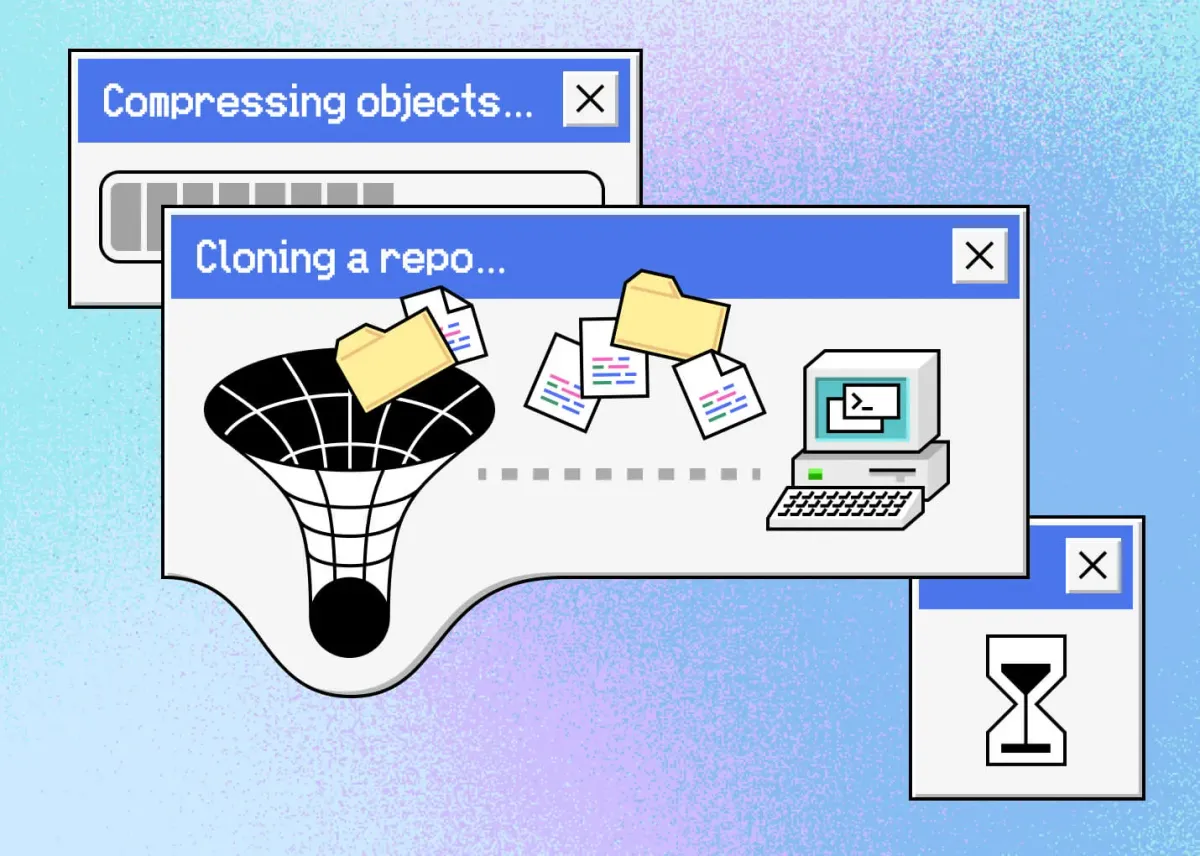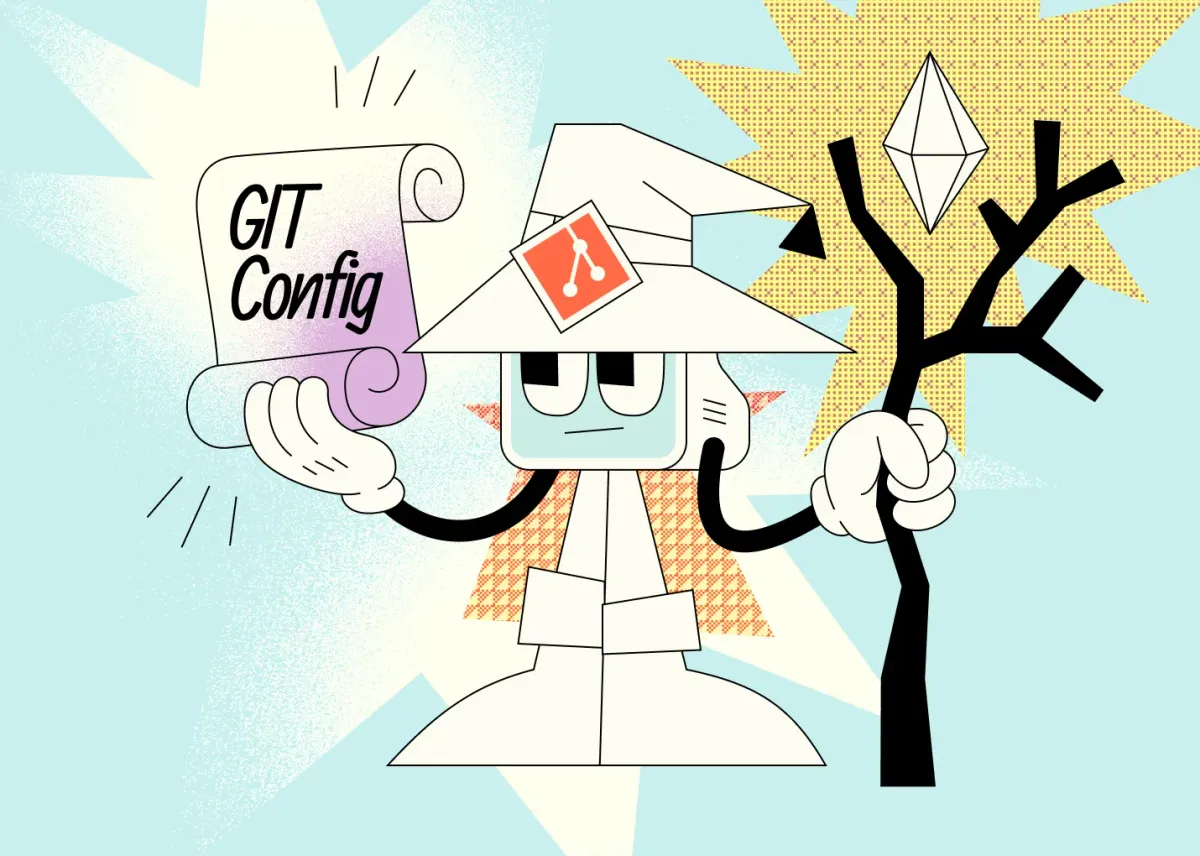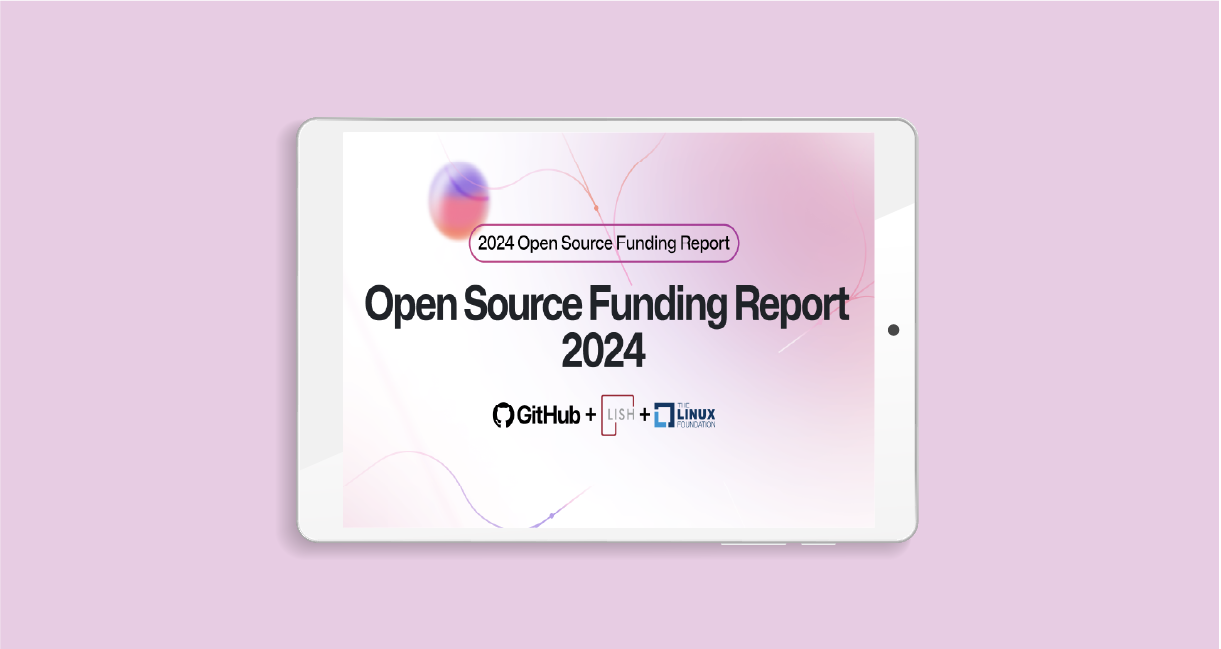Mastodon: @canpolat@hachyderm.io
- 387 Posts
- 258 Comments

 81·1 month ago
81·1 month agoI would stay away from YAML (almost at all costs).

 2·2 months ago
2·2 months agoFor us to be able to help you, I think you need to give us some more details about the organization of your work. If each chapter is a separate text file, then you don’t really need to do any branching at all (assuming people will only make changes on their own files and not touch others’ work). If it is a single text file, branching (or anything else, to be honest) will not help much.
I assume chapters will have their separate files. As long as you can control who touches which file, everybody can work on the same branch (also referred to as “trunk based”). But if you fear that people may interfere with each other’s work (willingly or by accident), then it makes sense to create a branch per chapter to keep contributors at a distance from each other. But working on a single repository requires some sort of an agreement on the workflow.

 2·9 months ago
2·9 months agoI have the same problem on mobile Firefox on Android. I’m using the default frontend as well. This was not happening a week ago (or maybe 10 days). Started recently.

 1·9 months ago
1·9 months agoThis is an acknowledgement from Uncle Bob that the book didn’t stand the test of time. We won’t know before the new edition is out, but I suspect those pointless refactorings will not be in it any longer.

 141·9 months ago
141·9 months agoDon’t they already have the names Leap and Tumbleweed? Changing the name to Leap would make sense since it’s the name of the “official LTS” version. At this point it sounds like “openSUSE” is the name of the project and not the distro. But I haven’t been following them closely, so perhaps I’m wrong.

 10·11 months ago
10·11 months agoNot sure but that sounds like you have a problem with your Git installation (or a dependency of Git). Maybe a reinstallation can solve that.

 3·11 months ago
3·11 months agoI understand the “why would I pay for this” reaction. I think crowdsourcing is a better approach for these kinds of content. Once you reach certain level of financial commitment from the crowd, you can give away the PDF and sell the print copy.

 26·11 months ago
26·11 months agogit branches are just homeomorphic endofunctors mapping submanifolds of a Hilbert space
Yeah, once you realize that everything falls into place.

 11·1 year ago
11·1 year agoThe shape of that bottle is creepier than the text.

 16·1 year ago
16·1 year agoI believe you can replace
startwith the command that is suitable for your system (e.g.,xdg-openfor linux).

 4·1 year ago
4·1 year agoThe only such transition I was involved in was switching from TFS to Git, and there was no discussion. It was the obvious thing to do and for a while we needed to support some developers who are new to Git.
So, it all depends on the type of change you want to implement. Most people don’t think much about a piece of software being open is significant. That’s why the main selling point should be the product itself. Especially in organizations openness alone is not a strong enough argument.
But with individuals, it may help to inform people about FOSS instead of just suggesting alternatives (“Do you have a moment to talk about our lord and savior Stallman/Torvalds?”). If the individual doesn’t understand or subscribe to the values, the switch may be temporary. My 2 cents. Hopefully others will come up with better tactics.

 6·1 year ago
6·1 year agoIf you are thinking about transitioning an organization to open source, pricing and vendor lock-in are generally good arguments.
If you are thinking about helping individuals transition, that’s a bit more difficult. Pricing could still work, but is not always that effective. It boils down to the willingness to try something new.
In both cases projects with good documentation and a healthy community also helps, but if the open alternative lacks features, it’s a though sell.

 4·1 year ago
4·1 year agoI am not concerned about not having anything to show for my free time. I am just not finding interest doing stuff which could indicate something worse.
You are not alone. It’s not easy to find an engaging free time activity. And even if you do, you may get bored of it after some time. The only thing I can say is: even if something doesn’t seem very interesting at first, give it a try anyway (as long as it doesn’t require a huge upfront investment). You may end up liking the activity or you may end up with like-minded people. And the worst case scenario is, you have wasted some time.
I think majority of people suffer from not having a meaningful free time activity (amplified by the possibilities of internet). And I’m saying this without any data to back it up, so don’t quote me on that.

 48·1 year ago
48·1 year agoNot having any personal projects is perfectly fine. Don’t worry about it. Not everyone has to have their job as their hobby. Try other things (music, hiking, cooking, etc.). Try to find a hobby that makes you happy (if you don’t already have one). That’s way more important than having a public GitHub profile. And if a company decided not to hire you because of that, you basically dodged a bullet.

 11·1 year ago
11·1 year agoThat’s an unnecessarily strong reaction. Money clearly matters for some things. But that’s not all that matters. There are many people releasing FOSS without any financial expectations. Clearly, money doesn’t matter to those people on that context. Trying to argue that “money should matter also for those people on that context” doesn’t make too much sense to me. Nobody is forcing anybody to release FOSS.

 11·1 year ago
11·1 year agoSorry, I don’t follow your reasoning. Why would a company not making money be a relevant problem for the advocates of FOSS? FOSS is about freedom. It never had an opinion about money. Money has always been irrelevant. Some people may not like it, and they are free to not use non-free licenses. And FOSS advocates will warn users about that (as they did in the past). FOSS doesn’t have an obligation to offer a solution to every problem in the software industry.

 1·1 year ago
1·1 year agoI don’t think that is relevant from author’s (and OSI’s) point of view.

 3·1 year ago
3·1 year agoHere is my understanding of author’s position: Stay away from companies like Redis and ElasticSearch. They are building software with a proprietary mindset (the fact that they have tight control over product strategy and development demonstrates this) only to realize that they are being devoured by bigger fish. It’s a business model problem, not an open source problem.

 2·1 year ago
2·1 year agodeleted by creator














This problem is now solved for me. I didn’t do anything. Either a Firefox (current version 137.0.2 on mobile) or a Lemmy update (current version BE: 0.19.11) seems to have solved it.